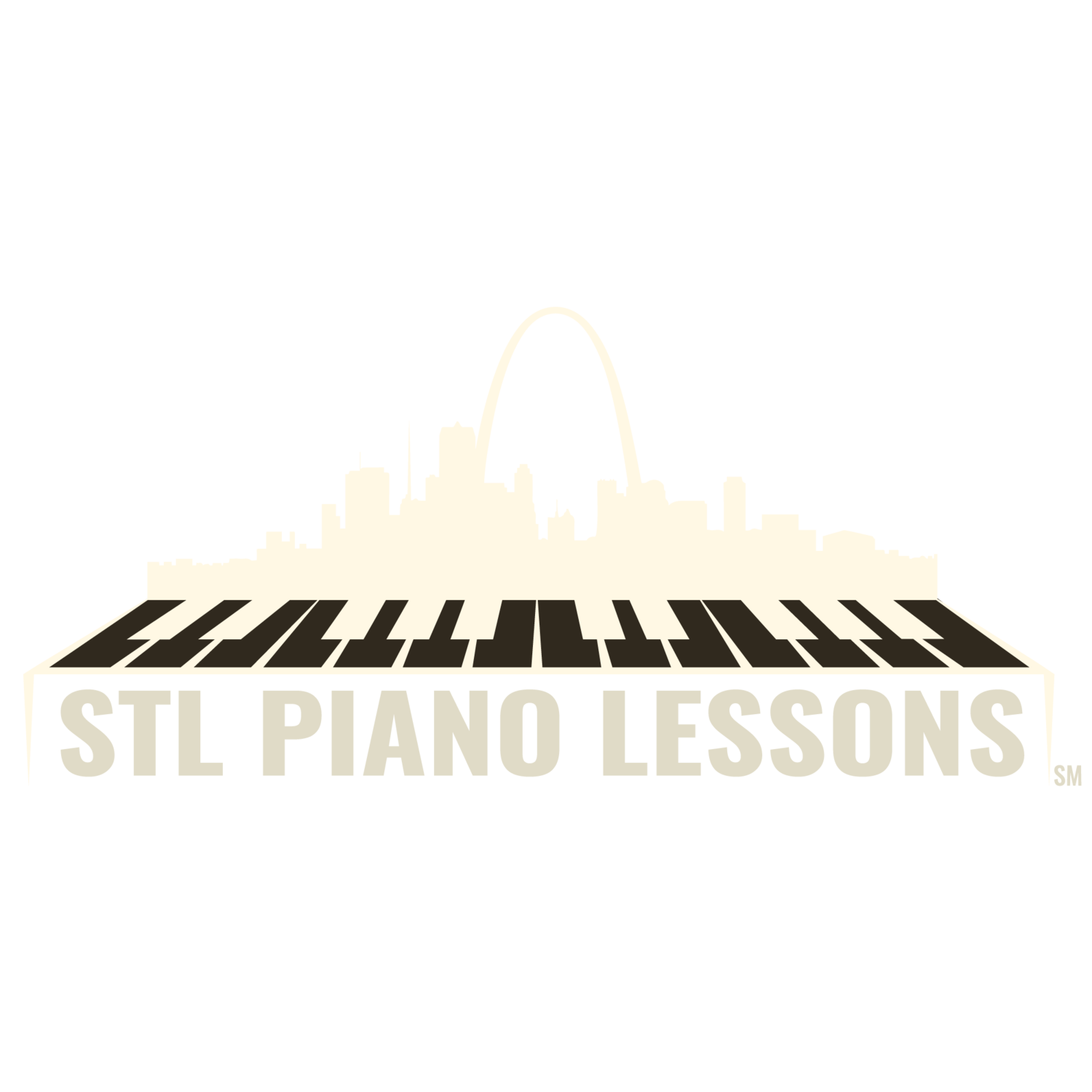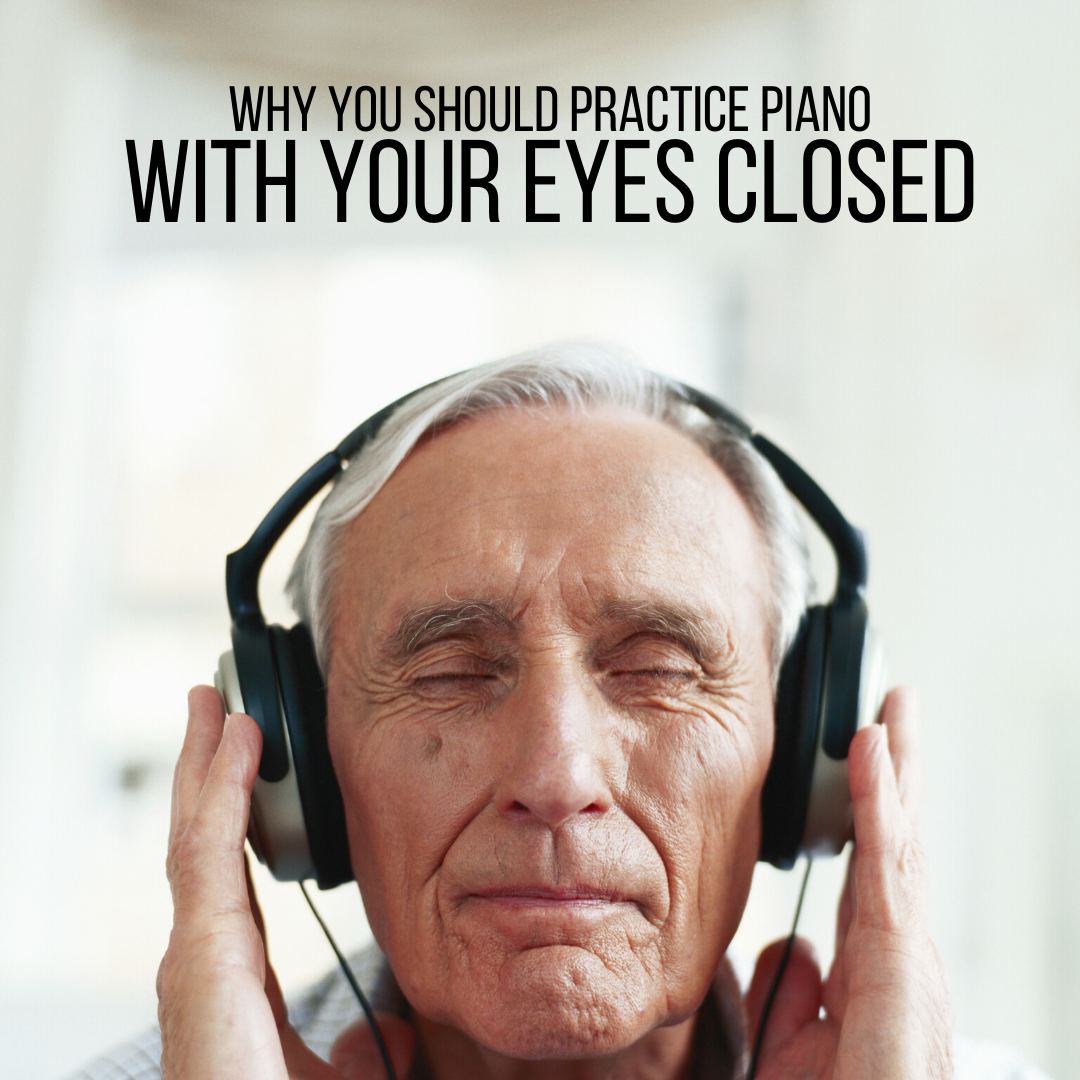Whether you are a current student, a parent of a current student, or you are interested in enrolling in piano lessons soon, I'm sure you have a lot about how piano lessons work with STL Piano Lessons.
Worry not. We have answers for you and here they are!
When does the Spring semester begin:
January 11th, 2021
What are some other important dates for the fall semester:
Enrollment opens: December 6th, 2020
Enrollment closes: January 4th, 2021
Vacation: April 26th - May 2nd
Recitals: TBA
How do I enroll:
If you ARE NOT a current student, you will be able to enroll a month before the next semester.
If you ARE a current student, you will be automatically enrolled.
What if I want to enroll after enrollment closes? Can I enroll mid-semester:
No. Once enrollment closes, we will not be taking any new students until the next semester opens for enrollment. If you do not enroll by January 4th, you will have to wait until our next semester to get in.
How much is tuition:
We are excited to now offer simplified tuition! No more variable tuition. The rates are as follows:
60 Minute Lessons
Pay Up Front For Semester: $1040
Monthly Payments: $285
30 Minute Lessons
Pay Up Front For Semester: $720
Monthly Payments: $190
How do I pay my tuition:
You now have two payment options. You can either pay upfront for the semester at a discounted rate or you can make monthly payments. When you enroll you will have the option to choose which one you want to do. Tuition will be auto-charged to your account just like our monthly tuitions are now. Once you enter your payment method into your account (credit card, debit card, or checking account), you are all set. All billing will be done automatically. Semester payments will be billed when the student enrolls or on the first day of the new semester. Monthly payments will be billed on the first of every month.
Do I need to re-enroll every semester:
No. Current students will be automatically enrolled in the upcoming semester unless they give written notice (via email) that they want to cancel lessons.
What if I want to drop out mid-semester:
We ask all of our students to commit to a full semester of lessons. If a student wants to drop out mid-semester, that is their prerogative, but they will still be responsible for paying for the entire semester. No refunds. If you want to cancel at the end of a semester, you can do so by sending us an email.
What if I want to take a vacation during the semester:
Students, and teachers, will get a one-week vacation at the end of each semester. If you want to take a vacation during the semester, you will have to cancel your lesson(s) with your teacher that occur during that time. If you let your teacher know 4 hours or more ahead of time they will send you a video lesson through your online account for the week(s) you miss.
Are there any other changes to the school policies due to the change to semesters:
Not many. Most of our policies will remain the same, but there are a few that will change. Please CLICK HERE to download a PDF of our new school policies.
What if I have more questions:
If you have any other questions, please visit our Frequently Asked Questions page by CLICKING HERE. You can also hit reply with any questions you have and I am happy to answer them for you.
We could not be more excited to have you on board this spring!










